How to Green Your Home (& Help Combat the Drought)
If there’s something that recent times have shown us, it’s that weather patterns are starting to change the way we live. Widespread drought, followed by ferocious “mega” bushfires, and then the strange hailstorm last week that ripped through Canberra on its way to the coast… we’ve had it all these past few months.
It’s got me thinking that each and every one of us needs to do our bit to help the environment and “green” our homes. Even though we’ve finally been blessed with rain in some of the drought-stricken areas, it’s so important not to get complacent about water usage. It will be some time yet before we see our dams topped up, and our poor farmers still have a real fight ahead of them to combat years of drought.
So, I just wanted to get the conversation going and share some of the things that I (and my team members & friends) are doing to live that little bit greener. I’d love you to pitch in with the comments at the bottom of this blog and share your thoughts, too.
1. Conserve water wherever & whenever you can
Even with water restrictions in place, you can go that bit further to minimise and recycle the water you use. Some of my team members have buckets in their shower right now, capturing grey water that would ordinarily go straight down the drain. They then use that water to water all their household plants. Yes, it’s a little bit more effort, but every drop of water we all individually save, adds up cumulatively to a lot.
And talking of showers, long ones should be avoided in these critical times. Set yourself a strict time limit, don’t brush your teeth in the shower as that will add another 2 minutes of precious water time. Keep an eye on your kids’ shower time & educate them to have shorter showers. I personally try to restrict my showers to 4 minutes. Together, every drop saved helps.

2. Put green waste to good use
All those vegie scraps don’t need to go in the general waste. Sure, you may not have space or time to maintain a full-blown compost heap in your garden, but there’s plenty of compact solutions available. One of my team members lives in an apartment block of 12, and they have a whole worm farm in an undercover area. It means all the residents can put their vegetable scraps to good use, then the worm compost feeds the garden. Win, win. There’s also compost bins and tumblers you can buy. (see https://compostrevolution.com.au/products/compost-bins). Many local councils offer worm farms at big discounts to encourage composting.
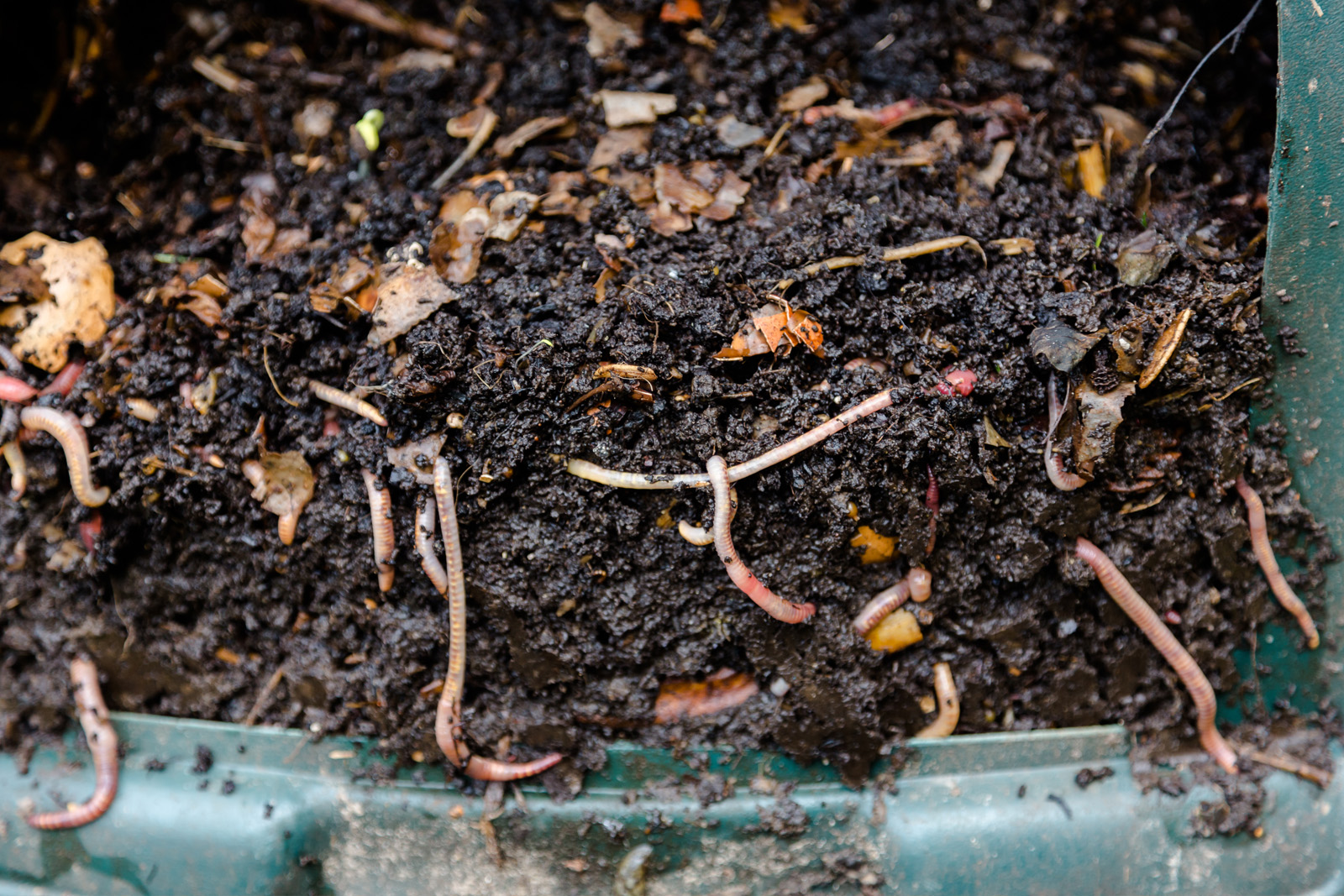
3. Use solar where you can
On January 1 this year, the ACT declared itself 100%% powered by renewable energy, a first for Australia. You can see its mega solar farms on the outskirts of Canberra; it also draws energy from wind and solar farms across the country. On a smaller scale, we can all pitch in to reduce our reliance on electricity from the grid. Around 20% per cent of Australian households now have installed solar power systems on the roof, according to the Clean Energy Council. That’s a pretty impressive number! It would be so good to see that number rise, but unfortunately, it’s not affordable or possible for everyone. Whether you’re a renter or owner, solar lighting for your garden is easily installed, often DIY. It will help reduce your electricity bills & contribute to a better environment.
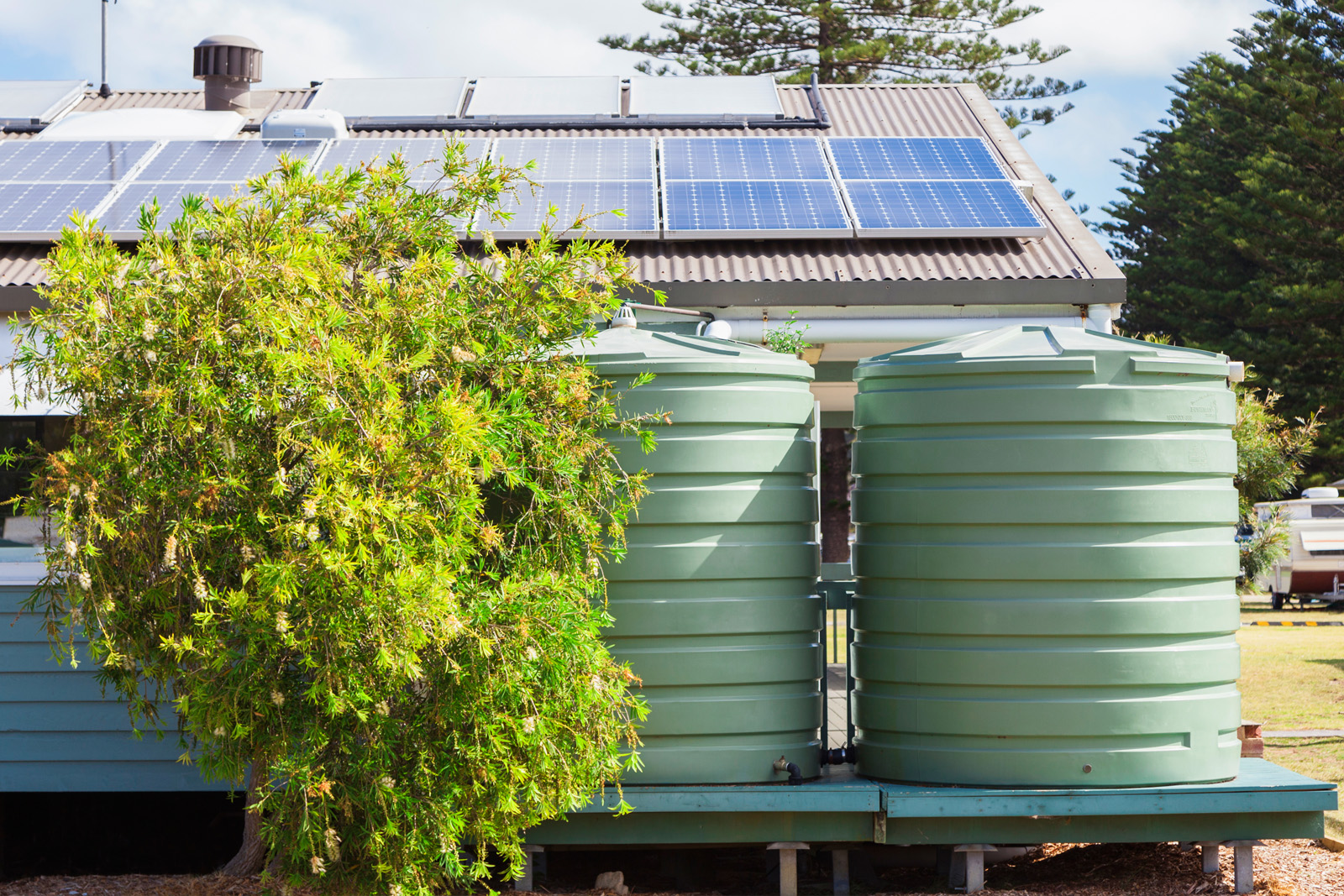
4. Consider a rainwater tank
OK, most of Australia hasn’t seen much rain in recent times, but that’s even more reason to capture it in the good times when there is. Rainwater tanks take immense pressure off the main water supply. They mean you’re not wasting drinkable water from the tap for things like watering the garden or washing your car. Water tanks come in all manner of shapes and sizes these days to suit any space (slimline tanks, underground tanks, etc), so they don’t have to be an eyesore. Many local councils now offer water tank rebates as an incentive to save water. Definitely worth investigating.
5. Recycle & reuse
Since supermarkets have banned free plastic bags, it takes extra effort to remember to bring your own bag and not just purchase one! That defeats the whole purpose of the ban. So, train yourself to go to your supermarket armed with your own bag. Keep a stash in your car or at work. You can buy cool nylon or silk bags that fold down to almost nothing these days. They say it takes take approximately 21 days of conscious effort to create a new habit, so get cracking!
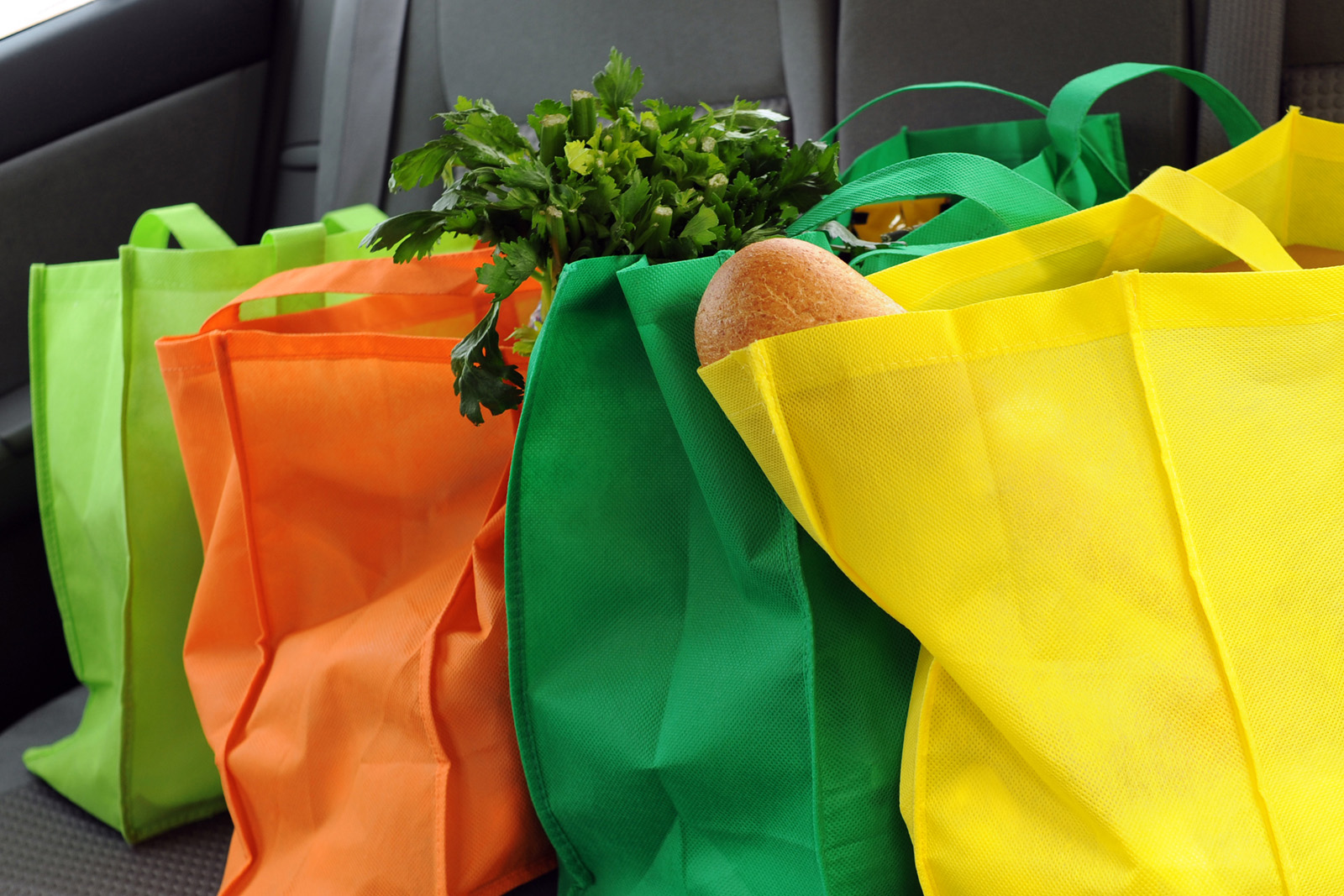
So that’s it from me. Jump into the comments section below if you’ve got some green tips or advice you’d like to share with my Renovating For Profit community. If we all consciously do our own little bit, together we can achieve so much!
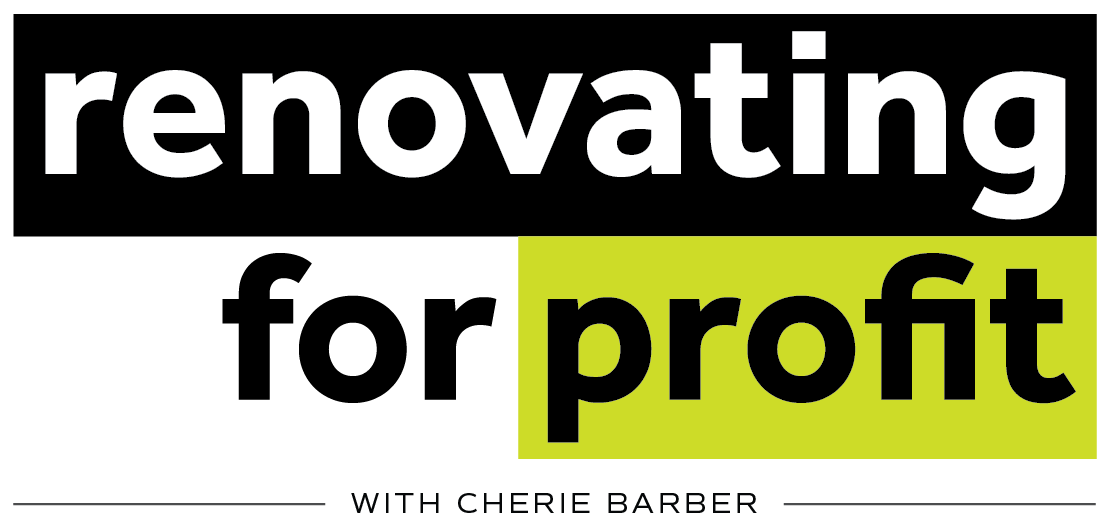

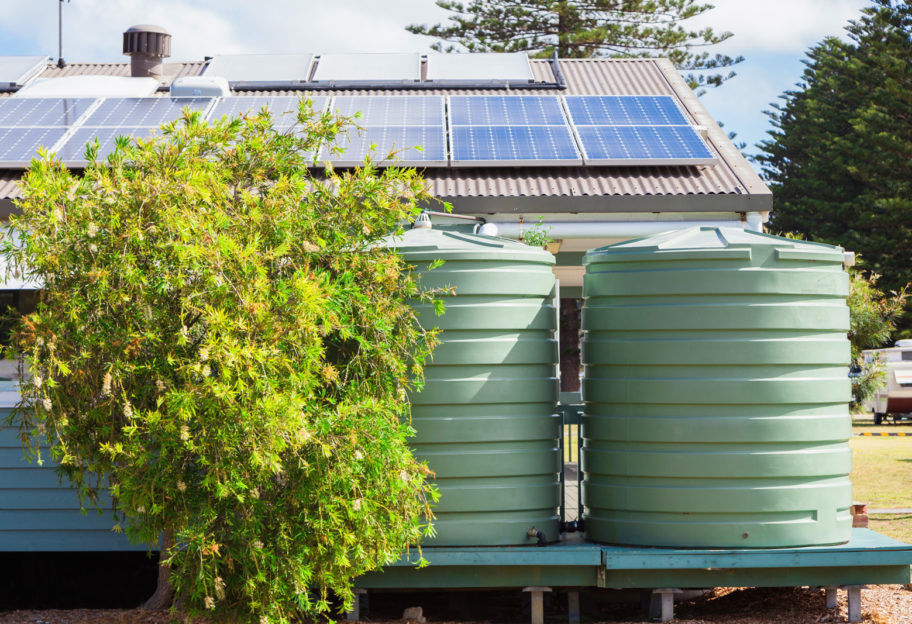
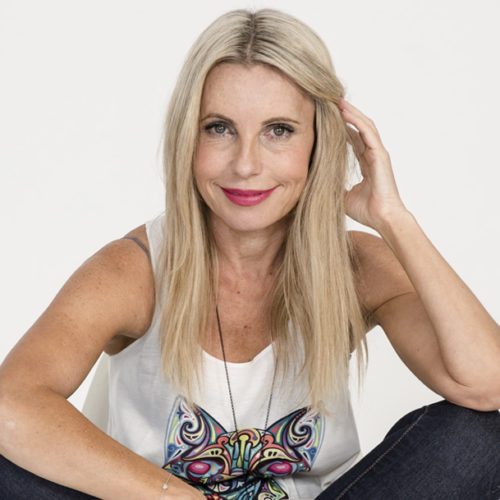
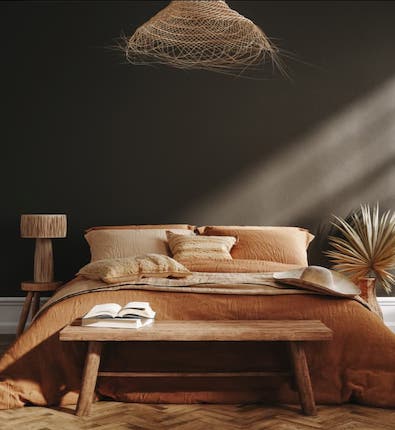
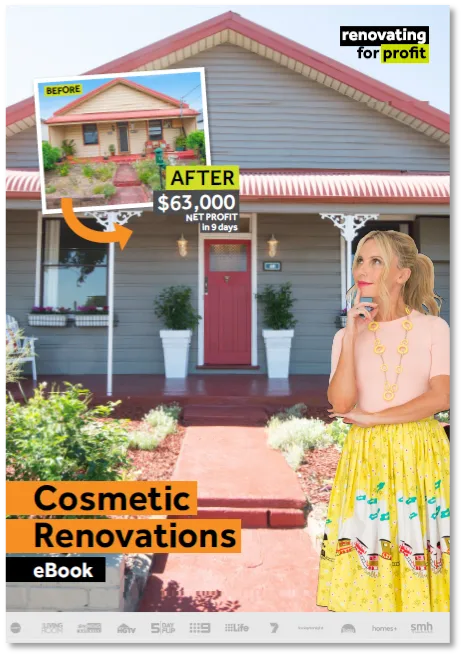
Supermarkets now take your flexible plastic waste to recycle, so when you make the trip you just simply drop it off at the door.
Lots of Recycle joints take your polystyrene for free to recycle including batteries, cardboard, paint etc FOR FREE
It’s so great Matt. C x
Quite Informative, thanks for the tips!
You’re most welcome Harpreet. C x
Yes everyone should help. All new buildings (Including Business) should have solar panels, or solar technology, and some water saving/recycling measures. The government should assist people with a better rebate for solar and, water tanks.
If I was prime minister for a day June, I’d make it law! 😉 C x
there is also a diploma of sustainable living being offered at UTAS and they will let you do about 4 subjects for free. It is all online and honestly it is so interesting. I am presently doing a subject called the science of gardening. It does make your life more rewarding knowing that you are doing your bit.
Thanks for sharing that Sandy. Sounds great! C x
Hi Cherie, If you would like to see an “energy neutral” house even making money with then come out to the west of Sydney. we are a young family and have bought a 20-year-old house in 2014 and since then renovated and converted with Triple Glass windows, water tank, Solar and so on. Even some of your renovating ideas was taken into consideration 🙂
The last Energy Bill was +$1044. we even have so much energy left over to heat the pool with the waste Energy.
Always welcome for a coffee.
Hi Enrico,
Sounds great! Email me your details. If I ever get a chance, I’ll pop in. C x
We use eco friendly laundry detergent and collect our washing machine waste water to water the garden. We also bought a washing machine with an eco cycle
Great work Terri! C x
Every roof space at home (several) runs off into a water storage device of some description. Even my retainer wall and front fence are tanks. It is magic at solving a drainage problem too. This is where I got them: https://www.landscapetanks.com.au
Thanks Bridgid. You got to love rain water tanks! C x
All great another on we learn’t in school in the 80’s was turn the tap off while brushing your teeth.
Yes absolutely Kaz. Sometimes we overlook the impact of the most basic things we do each day. Thank you. C x
Just returned from Norfolk Island which is in the depths of a drought. We were asked to take one minute showers. It’s easy! Wet yourself, turn off the shower, soap up, turn on the shower to rinse off. I wash my hair in the hand basin and it takes very little water compared to the shower. If you can’t live like Wim Hoff and you need warm water, catch the cold water in a bucket till the right temperature is reached. This could be a bucket full if your hot water tank is a long way from the shower. The water is clean and can be used to wash clothes etc etc. Also do not run the tap while cleaning teeth.
Thanks Cherie, I love all the above great tips. The environment needs all the help we can give, especially now, after the droughts, fires and flash flooding.
Hi Cherie,
This is great information. We are builders and flip at least one house a year using your system. Have never made less than $100,000 since using your process.
We are natural builders and now make super insulated natural panels to save energy in our homes. It is important that people now where insulation should go and where thermal mass (like bricks & concrete) are located in a building to make it as energy efficient as possible. As you know it’s sometimes not where you think
Love your work it’s changed our lives.
Hi Cherie
Our daughter is on a small property in the Southern Flinders ranges. It’s less than 5 km out of Melrose, but they are off the grid and set up their solar system with battery storage and generator backup before it was a thing. When their rain water tanks are empty they have to purchase water and get it delivered – very expensive. They have the grey water from showers and kitchen plumbed straight out to their garden dripper system.
We’re lucky enough to have an irrigation system running off a bore for our garden in Adelaide, but still like to minimise the amount of mains water we use. We’ve copied their idea of a bucket in the shower to catch the water that runs before getting hot, and we using it in the washing machine and for cleaning (the bore water is too smelly to use inside).
In SA we’ve had the deposit on bottles and cans for ages. Our grandkids cashed in theirs 2 weeks ago and had enough for the 3 of them to do the tree-climb experience in the South Parklands in Adelaide during the holidays.
We live on tank water, and like many others in our situation, have been doing all these things for years. Our showers are usually 2 or 3 minutes at a time. All our plants are native – our property is “Land for Wildlife” – and we have water containers out at various levels, with escape routes, for animals of all kinds, including insects. We have been supplement feeding the local wallaby, possum, bandicoot and bird visitors during the drought. We try to keep our property as free from weeds as we can and encourage regeneration of local flora.
Looking after our environment is also part of water conservation!
All good ideas most of which we already use. But one thing I have seen recently added to one of our shopping centres is solar power covered car parks. A great idea and one I think should be implemented around the country. So, the customers have cover for their cars against our harsh sun and the centre are generating power.
All good ideas, most of which we already do. One thing I have seen recently is that ok be of the local shopping centres in SA have recently added under cover car parking with solar panels which is a great idea. The customers get covered parking and the centre generates a lot of electricity. I think it should be done all over Australia.
Repair / Renovate all leaky taps and fixtures in the house and every drop of water leaked is the drop saved.
Spot on Ismath! C x
I have 4 x buckets in the shower capturing our grey water to go on my small square of lawn and garden, yes it is more effort but much better than depleting water stocks quicker than we need too, plus we have our tank which is plumbed in to the washing machine and also used on the garden. I also still have a top loader so save the rinse water from each wash and use that as the wash water for the next load halving our water used to do the washing. My grandparents would be proud!
That’s such a great effort Leanne. Imagine if everyone was this environmentally conscious of preserving water! C x
I collect the shower water & use it to flush the toilet
I also collect the handbasin water from washing hands, teeth etc & use it in the toilet.
A little effort saves water.
Great work Ann. It all helps! C x
Love it Megan! C x